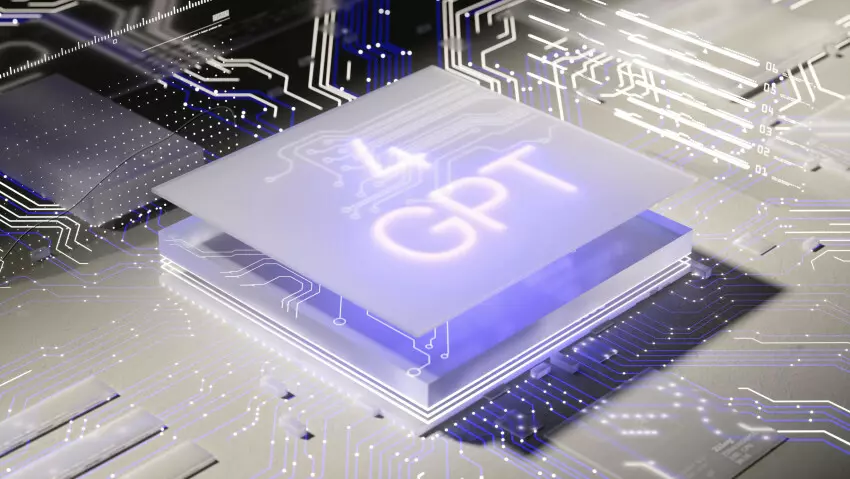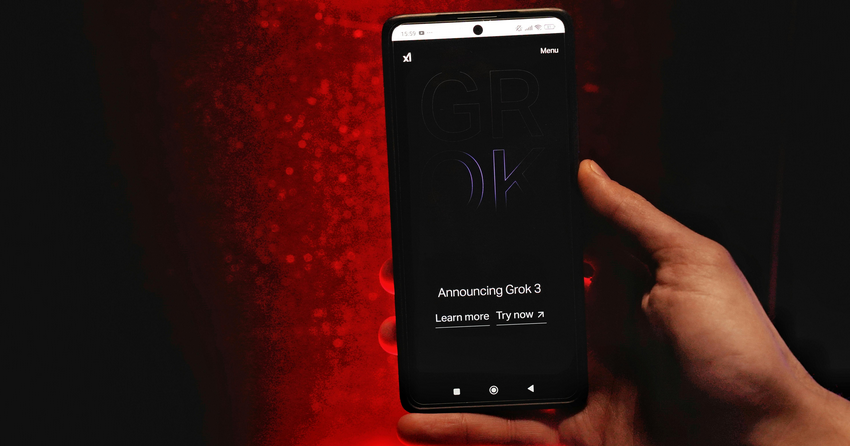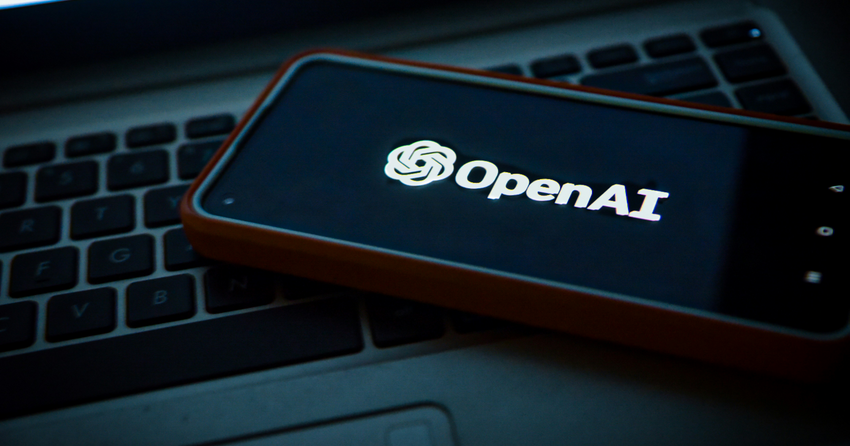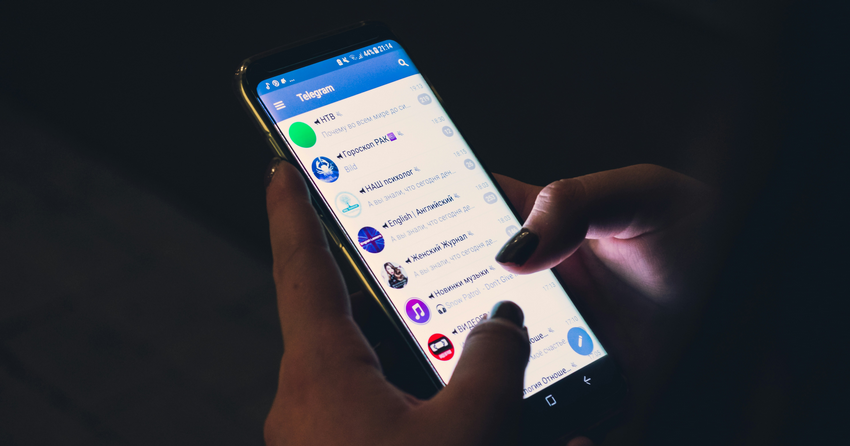
OpenAI Introduces New Model GPT-4o
OpenAI introduced GPT-4o, a “much faster” version of the GPT-4 model that powers its popular chatbot ChatGPT. The updated model can reason across text, vision, and audio in real time. GPT-4o will be free for all users, while paid users can enjoy up to five times the capacity limits available to free users.
The new version is “natively multimodal,” as OpenAI CEO Sam Altman describes it. This means it can accept any combination of text, audio, image, and video as input and produce just as versatile outputs (any combination of text, audio, and image). It responds to audio inputs almost as quickly as a human (less than 320 milliseconds). This is one of the reasons OpenAI describes it as “a step towards much more natural human-computer interaction.”
OpenAI published a series of video demos to showcase GPT-4o’s capabilities in action. In one video, a member of its team asks the technology about its surroundings and then uses another phone to have the GPT-4os interact with each other and ultimately sing a song together. In another video, GPT-4o translates a conversation between two friends, English to Spanish and vice versa.
OpenAI also showed how GPT-4o could help students with math problems, act as a foreign language teacher, talk to customer service, advise for a job interview, engage in real-life games, compose lullabies, and more. Users can ask for a specific voice, set the talking speed and tone, etc.
While it matches GPT-4 Turbo’s performance in English text and code, GPT-4o delivers improved text performance in non-English languages and a better understanding of vision and audio. Its API is also 50% cheaper and twice as fast as GPT-4 Turbo. OpenAI has been criticized for keeping its advanced AI models exclusively for internal development, but the company’s focus seems to have shifted with the introduction of GPT-4o.
“Our initial conception when we started OpenAI was that we’d create AI and use it to create all sorts of benefits for the world,” Altman wrote in his blog post. “Instead, it now looks like we’ll create AI and then other people will use it to create all sorts of amazing things that we all benefit from.”
Before unveiling GPT-4o, reports were circulating that OpenAI was working on GPT-5, an AI search engine to rival Google and Perplexity, or a voice assistant for GPT-4.
OpenAI’s GPT-4o’s launch came just before Google I/O, the tech giant’s annual conference.













